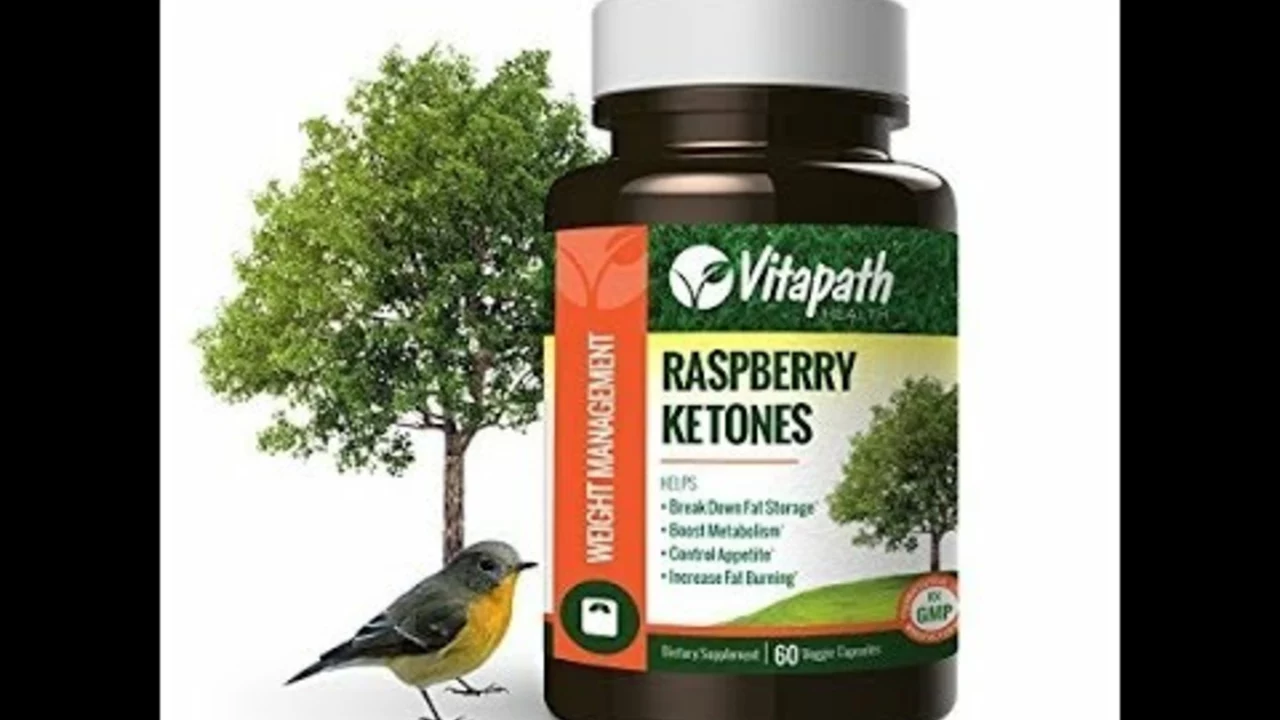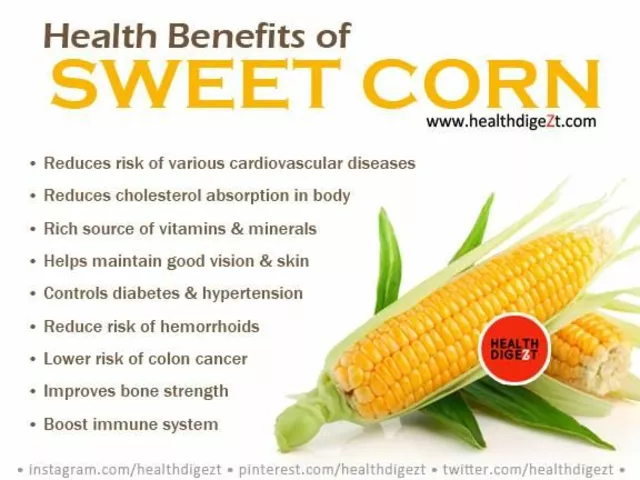All-Natural Dietary Supplement: How to Pick Safe, Effective Options
“All-natural” sounds good, but it doesn't guarantee safety or results. Supplements can help, but quality and truth in labeling vary a lot. This page gives clear, practical steps to choose natural supplements that work, avoid low-quality products, and keep you safe alongside any medications you take.
Read the label like a pro. Look for exact ingredient names and milligrams, not just a catchy proprietary blend. Check serving size, suggested dose, and the form—capsule, extract, or oil—because absorption depends on form. If the label lists vague extracts or secret ratios, treat that as a warning sign.
Safety and testing
Pick brands with third-party testing. Seals from USP, NSF, or ConsumerLab mean a product was checked for purity and potency. If a company only says "lab tested" without naming the lab, that’s not enough. Also check manufacturing info—GMP (Good Manufacturing Practice) is a good sign the factory follows basic quality rules.
Watch for drug interactions and allergies. Natural doesn't mean harmless: herbs like St. John's wort can change how prescription drugs work. If you take blood thinners, blood pressure meds, or antidepressants, ask a pharmacist or doctor before starting anything new. Check for allergen warnings and whether the product is made in a facility that processes nuts, soy, or shellfish.
Effectiveness and evidence
Look for human studies and match doses. If a study shows benefits at 500 mg of an extract, but the supplement gives you 50 mg, results will differ. Read summaries, not just testimonials. See who funded the research—independent studies carry more weight than company-sponsored trials.
Some natural options on our site, like Rhatany and Avens, have promising early data. Rhatany is discussed for digestive and anti-inflammatory effects; Avens was popularized for general wellness. When you read those articles, check the active compound and the trial dose so you can compare with the product you consider buying.
Where to buy matters. Prefer official brand sites, licensed pharmacies, or well-known retailers. Avoid deals that seem too cheap—counterfeit supplements exist. Keep receipts and note lot numbers in case there’s a recall. If you buy online, pick sellers with clear contact info and easy returns.
Store supplements in a cool, dry place away from sunlight. Check expiration dates; potency drops over time. If a product arrives damaged, don’t use it—return it. For seaweed, root, or botanical products, look for heavy-metal testing to avoid contamination from soil or water.
Start one supplement at a time so you can notice effects or side effects. Keep a short log: dose, time, how you felt. If you get stomach upset, try taking it with food or switching form. Stop any product that causes surprising symptoms and talk to a healthcare pro.
Want more specifics? Read our posts about Rhatany, Avens, and natural approaches for gut health and chronic conditions. Use those pages to compare ingredients and claims before you buy. When in doubt, check with a clinician who knows your medical history and can help you choose safely.
In my recent exploration of all-natural dietary supplements, I've come across an herbal giant - Comfrey. Known for its abundant health benefits, this plant is gaining traction in the wellness community. From promoting bone health to enhancing digestion, Comfrey is a powerhouse of nutrition, packed with vitamins and minerals. So, if you're on a wellness journey like me, consider incorporating Comfrey into your diet. Trust me, it's worth the hype!
Read more





